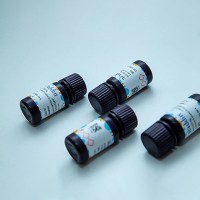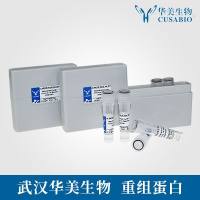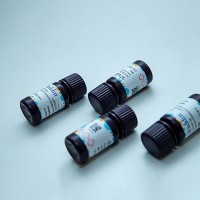A Proteomic Approach to Biofilm Cell Physiology
互联网
377
Proteomic analyses are increasingly implemented to investigate the particular physiology of (naturally or artificially) immobilized microorganisms. The protein maps of immobilized cells are compared with those of suspended counterparts to reveal alterations in protein expression induced by the microbial mode of growth. Proteins whose amount significantly varies between free and immobilized cells are identified by mass spectrometry and referring the peptide fingerprints to published databases. This proteomic approach is illustrated here using Pseudomonas aeruginosa cells grown as biofilms on clay beads for 24 or 48 h. Both the growth mode (suspended or attached) and the incubation time were shown to control the expression level of a large number of proteins by P. aeruginosa . Proteins whose amount significantly varied in biofilm organisms compared to suspended bacteria could be divided into three main classes, namely proteins linked to metabolic processes, proteins involved in adaptation and protection, and membrane proteins.







